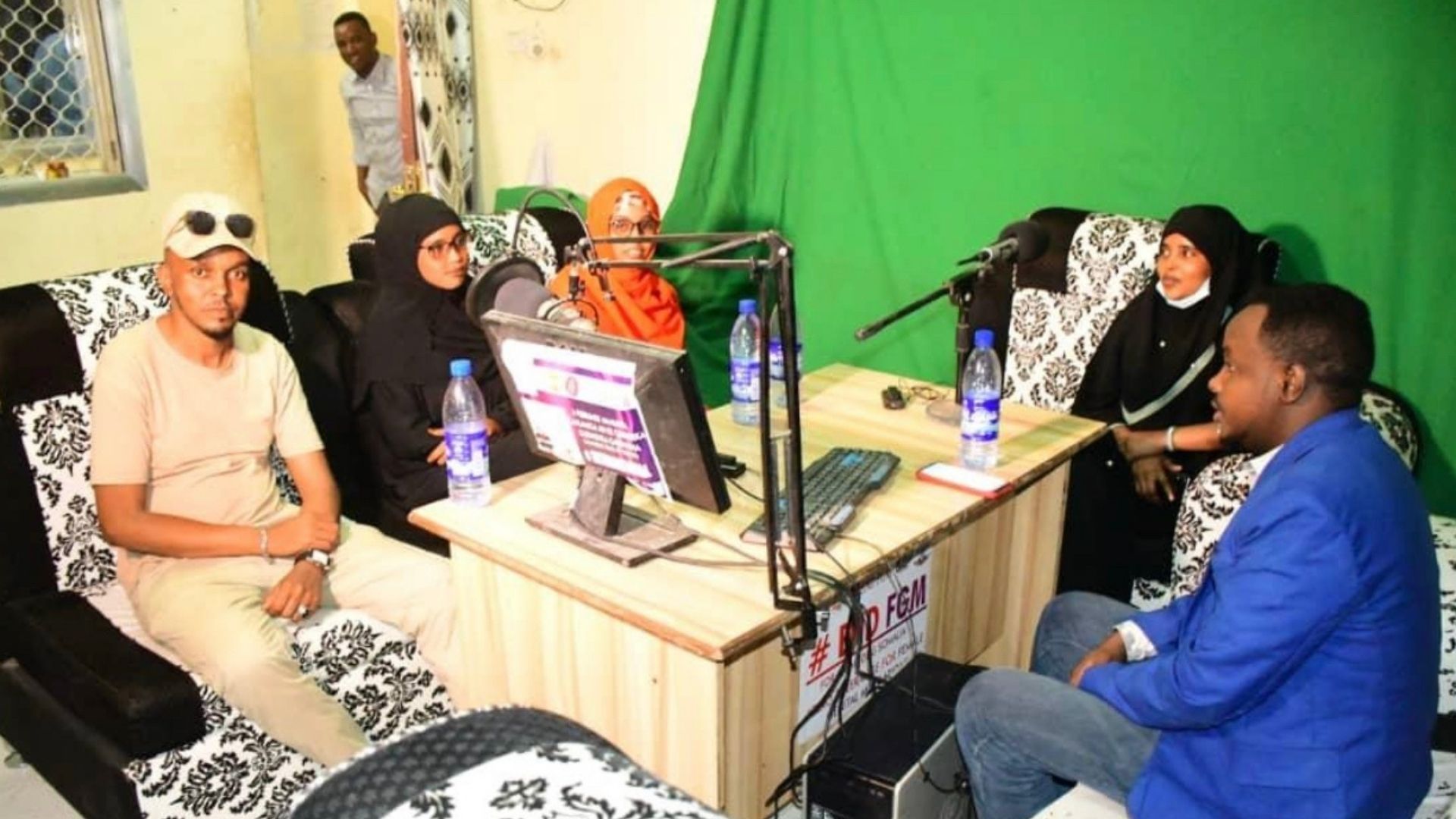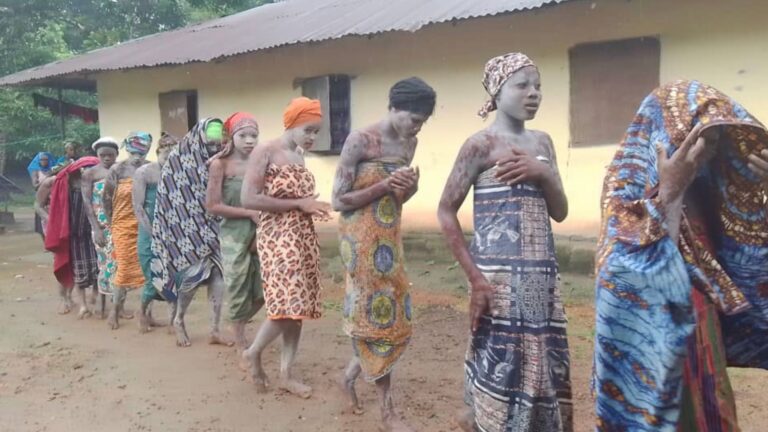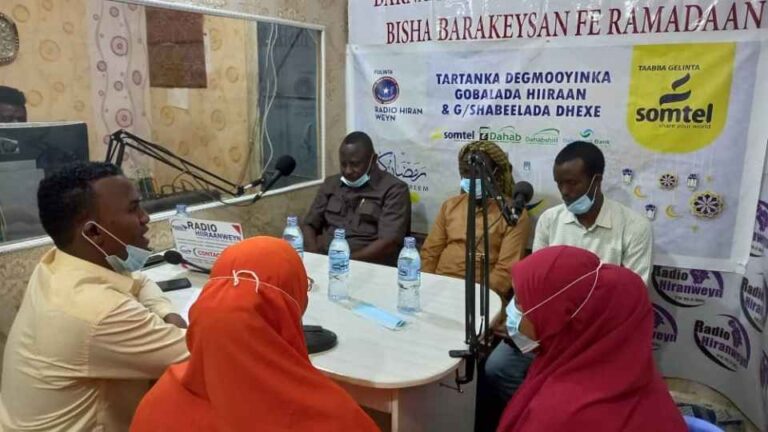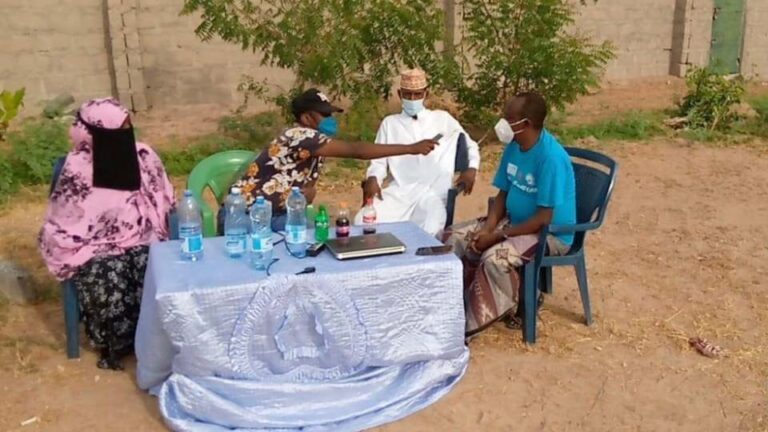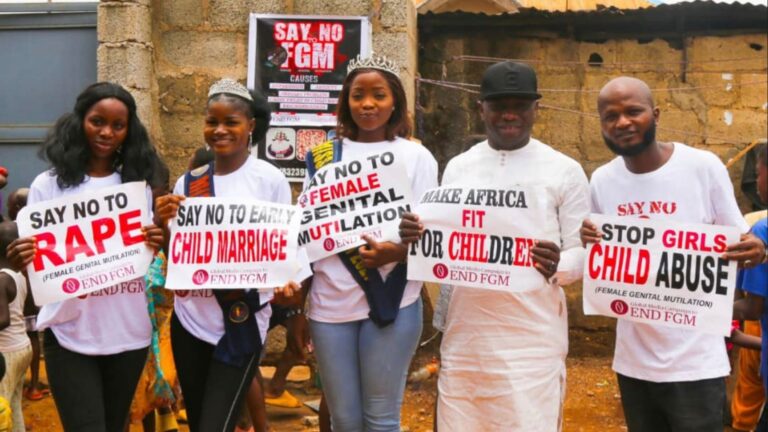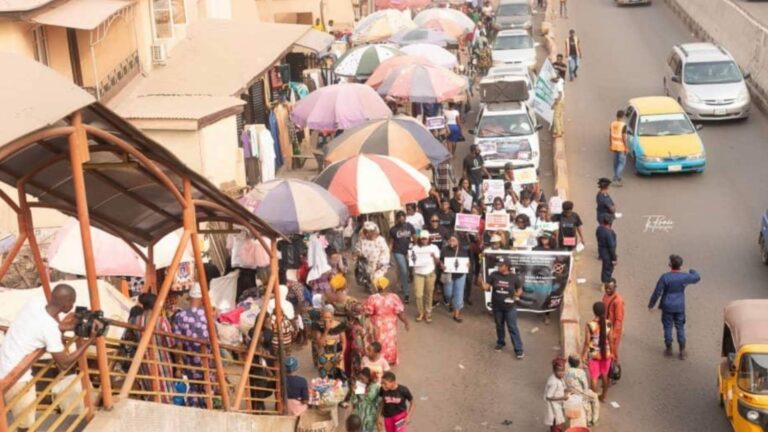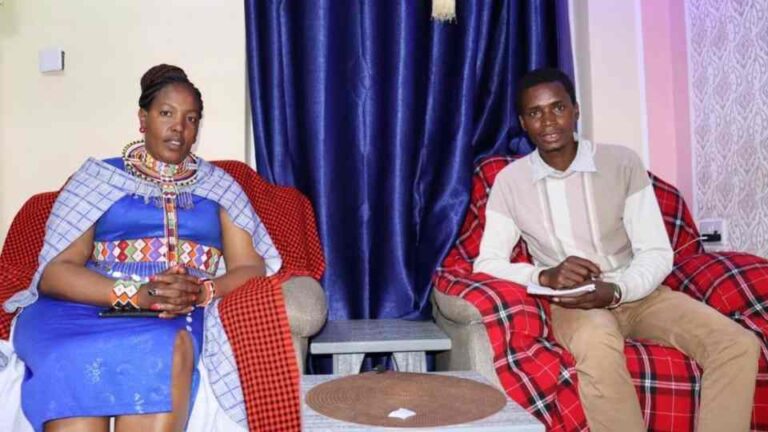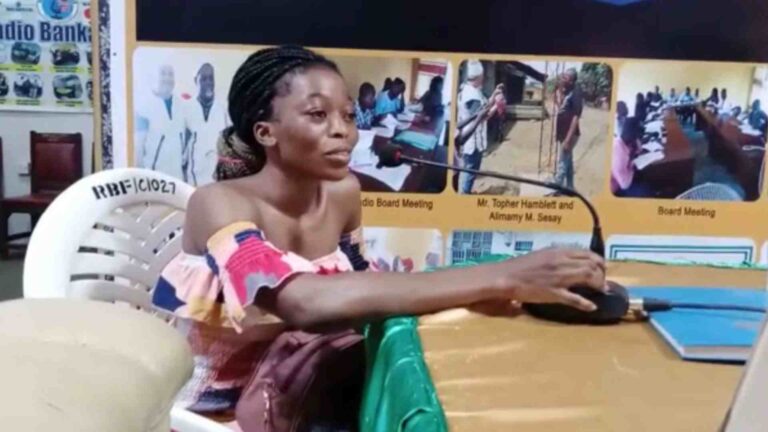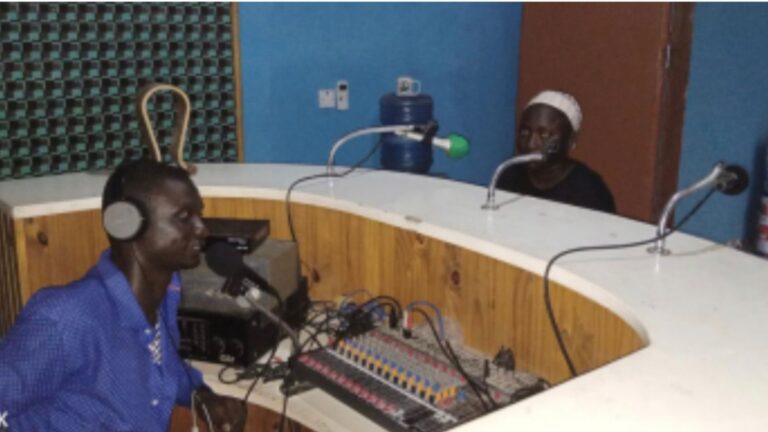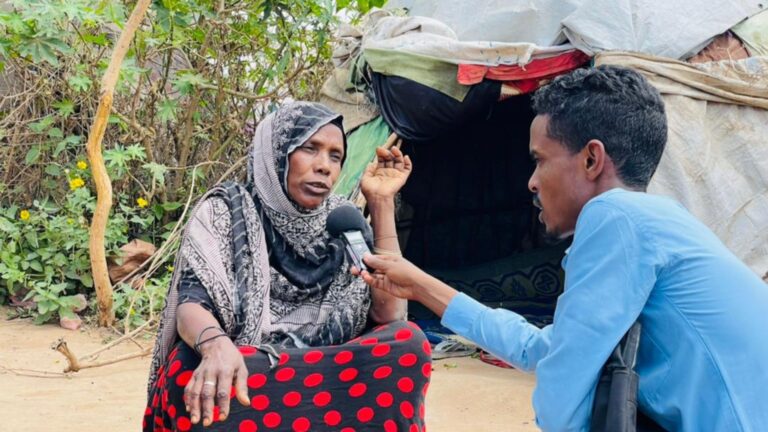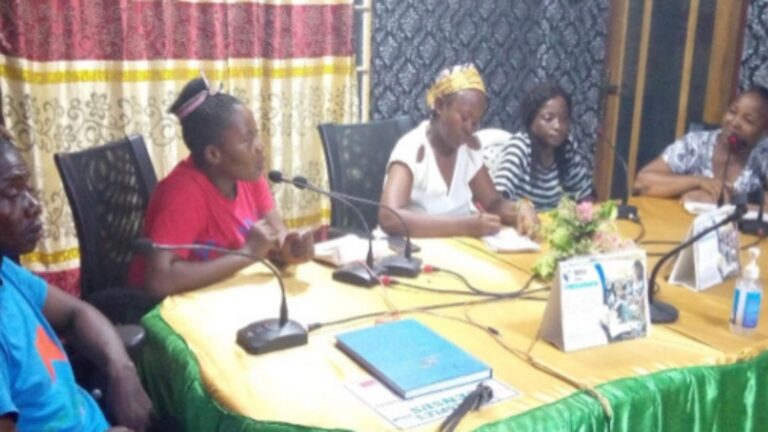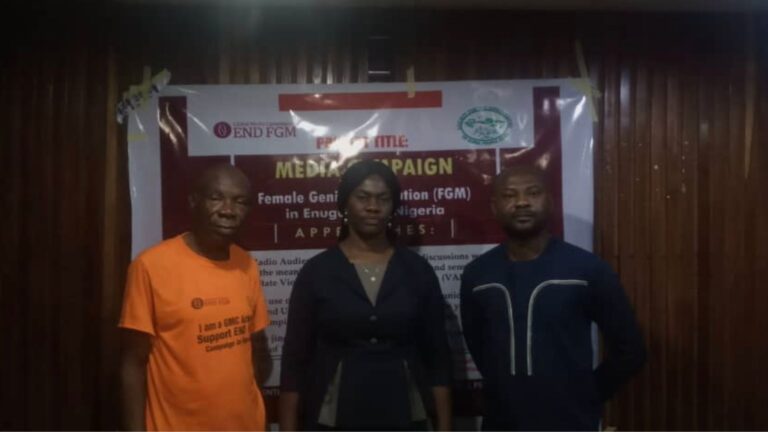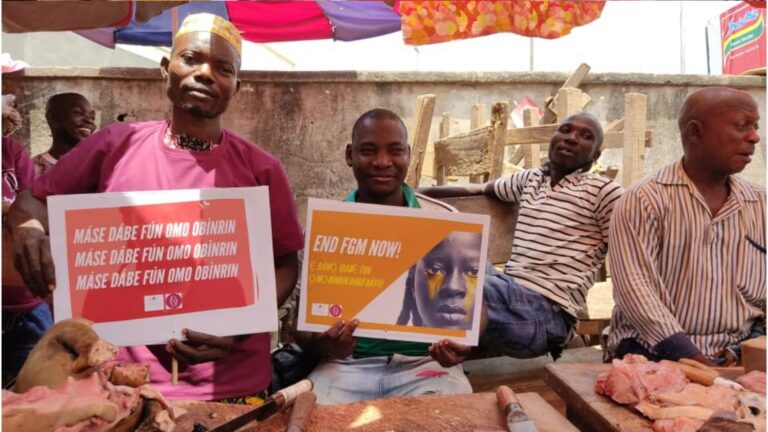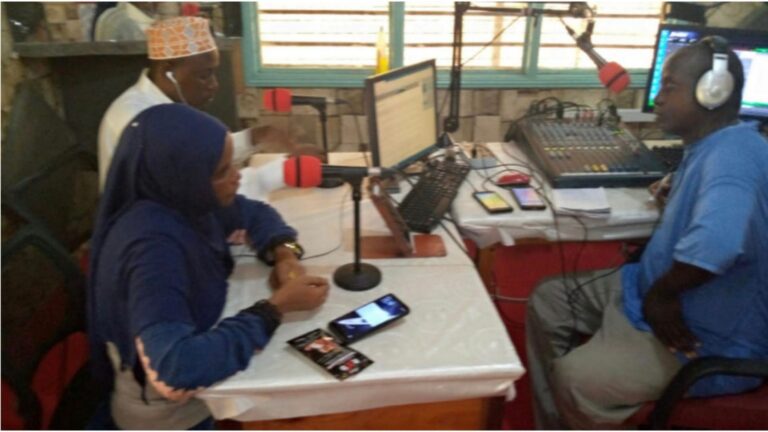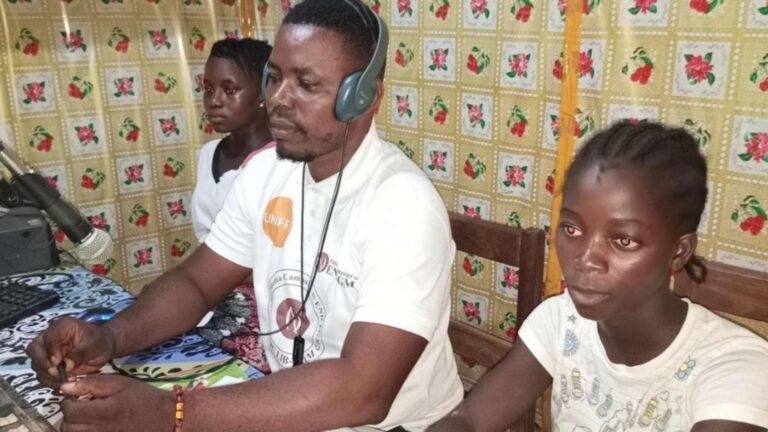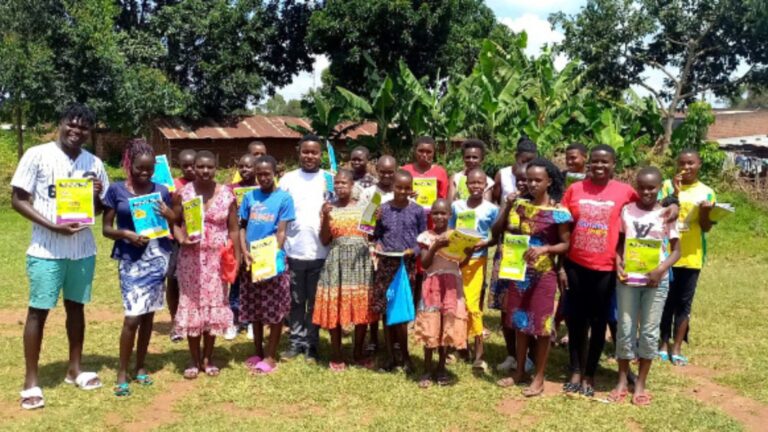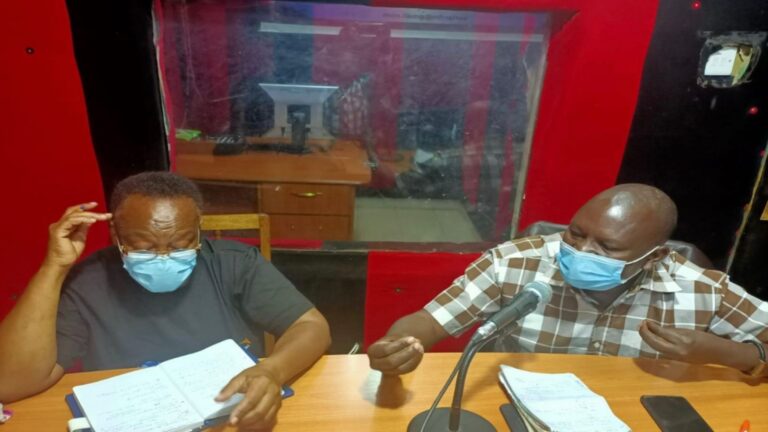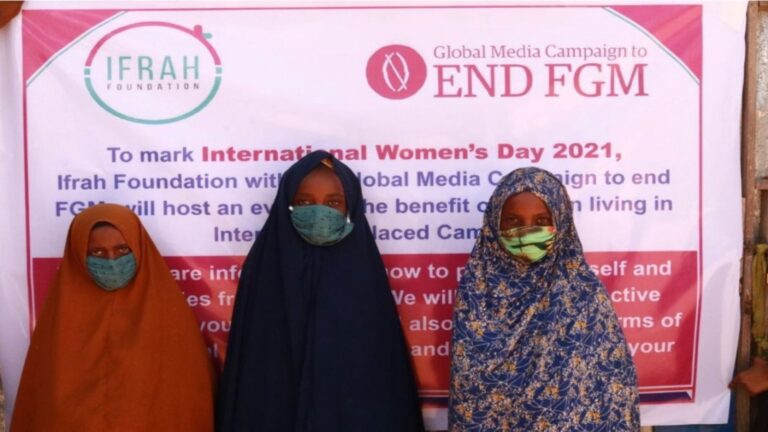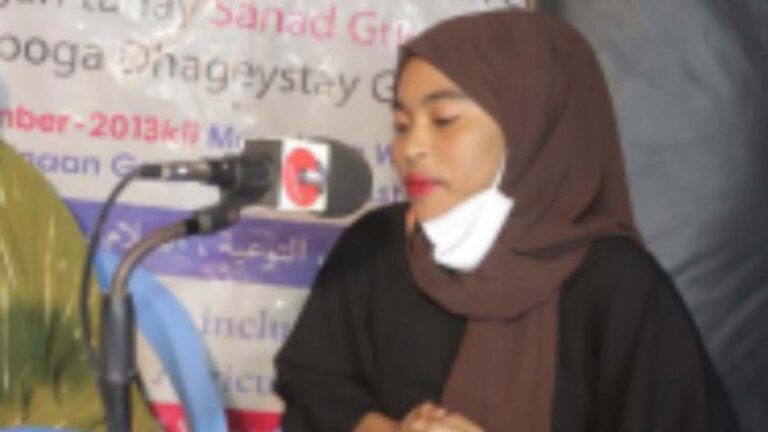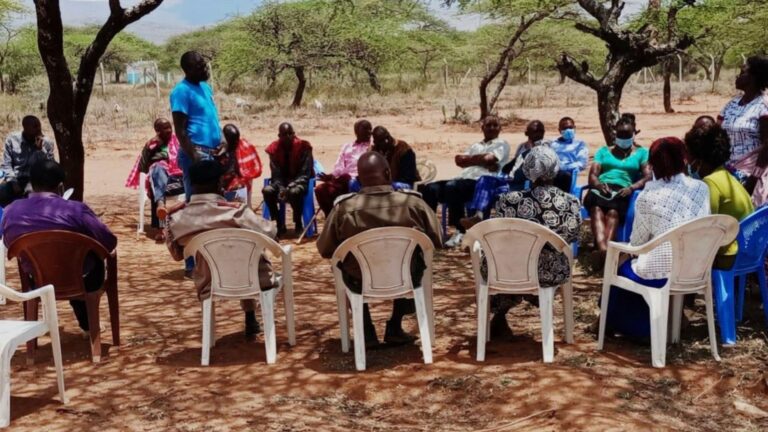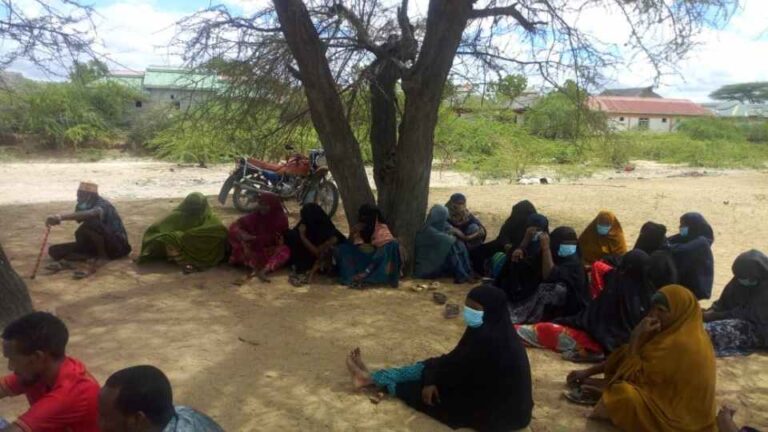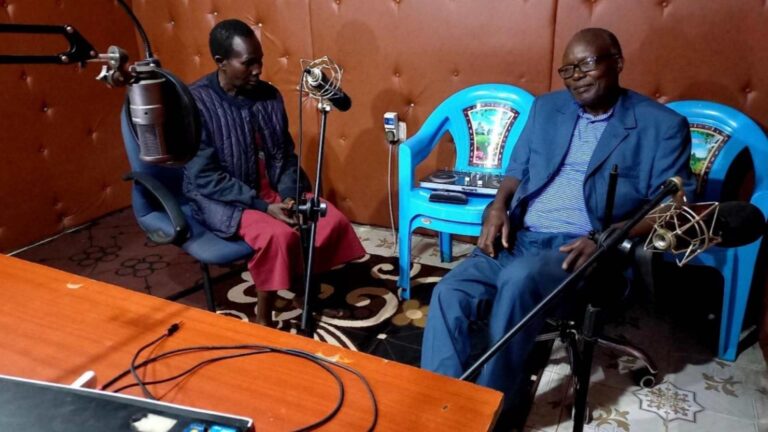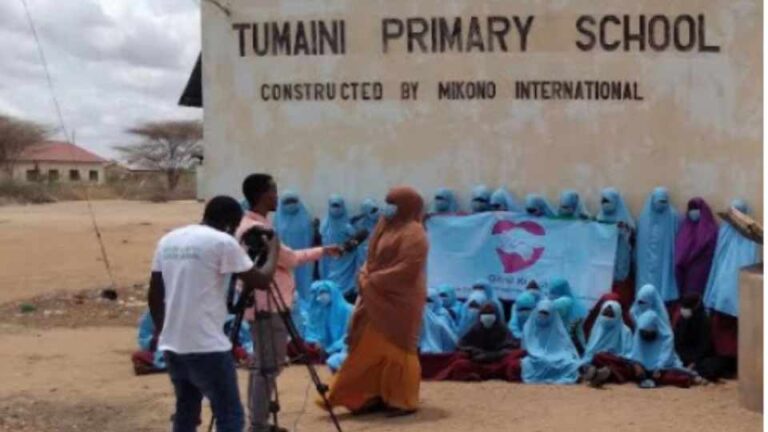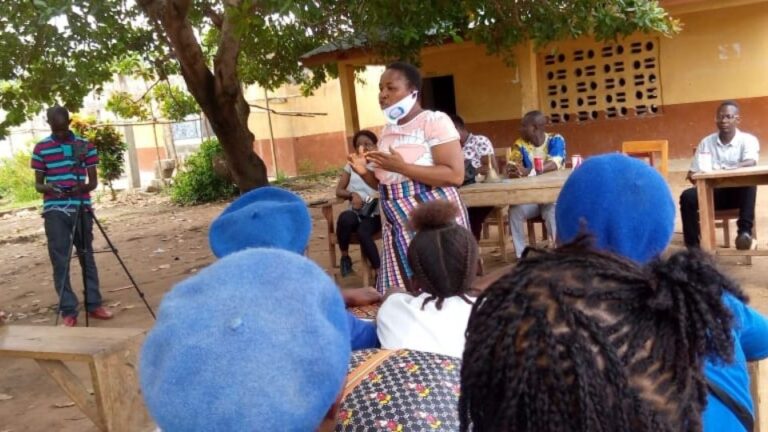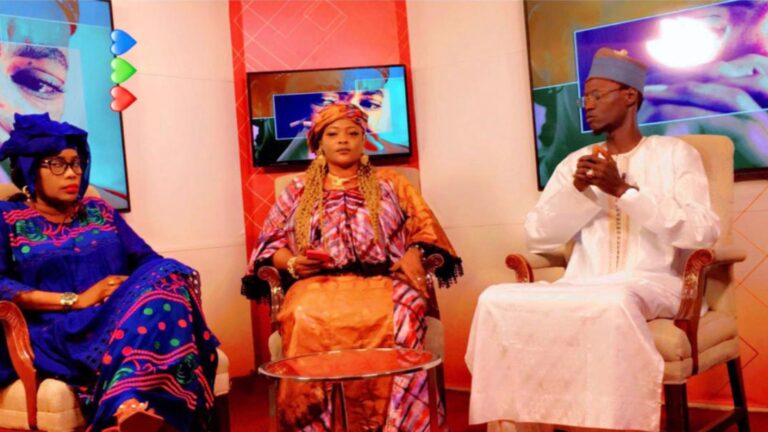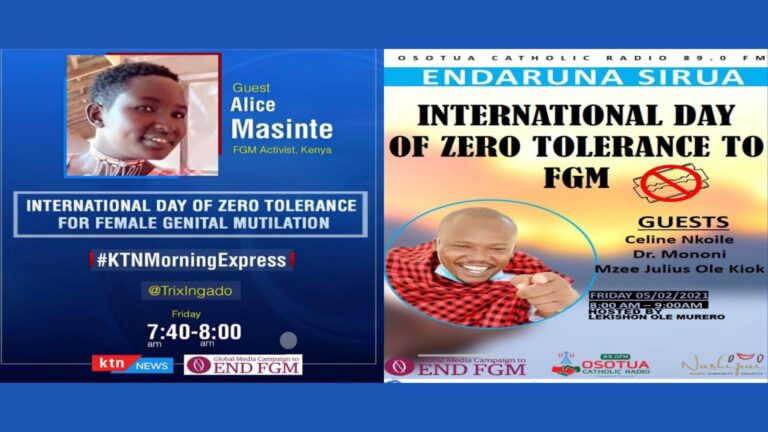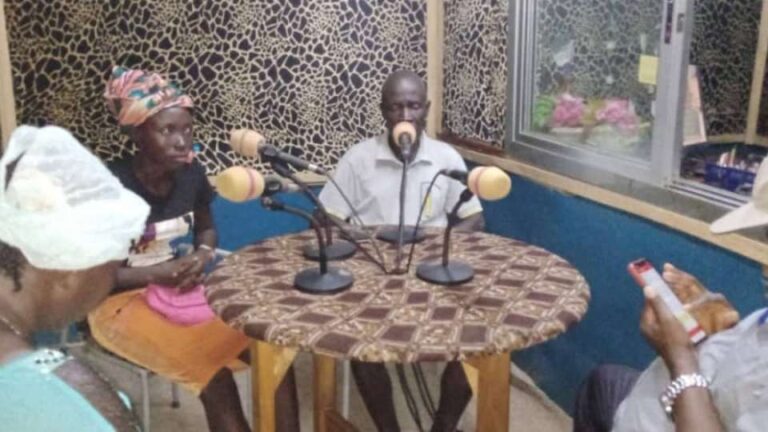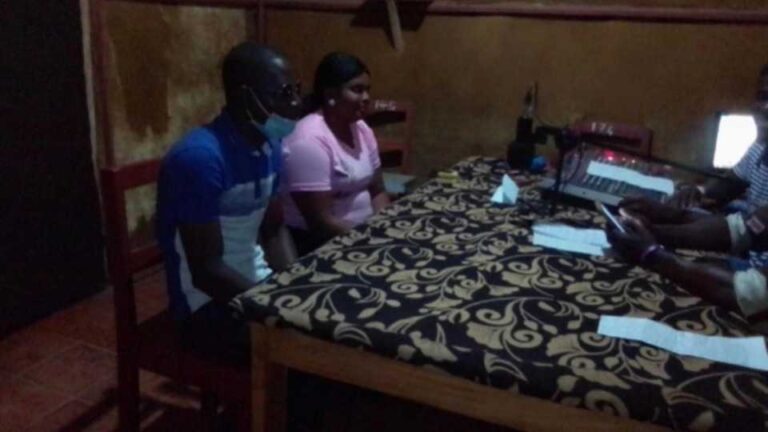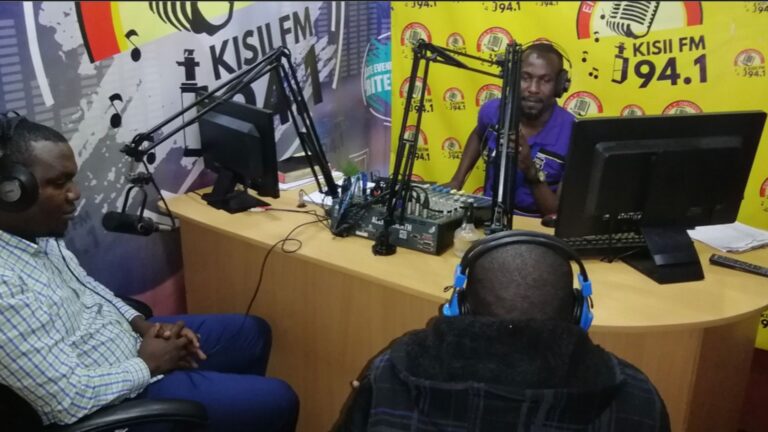By Hassan Abdirahman
Hassan Abdirahman is an anti-FGM campaigner, passionate about ending FGM in the Galmudug regional state of Somalia. Hassan raises awareness of the problems FGM victims face as well as raising awareness on how much the rural states in Somalia need assistance in ending FGM.
I conducted radio and TV talk shows with Radio Hayaan Fm 87.8 MHz located in Galkacto town, Radio Galgaduud/TV located in Galgaduud region, and Radio Soyaal located in Abudwakh town. Those media outlets have an audience of over a million listeners.
On the radio Hayaan talk show, I invited Abshiro Ali Geddi, head of anti-violence at the Galmudug’s Ministry of Women, Yurub Hajji, Galmudug Women’s Ministry coordinator, a campaigner, and a famous musician Libaan better known as (Liban Denmark). They discussed how to take the FGM awareness campaign to the rural areas in a big way.
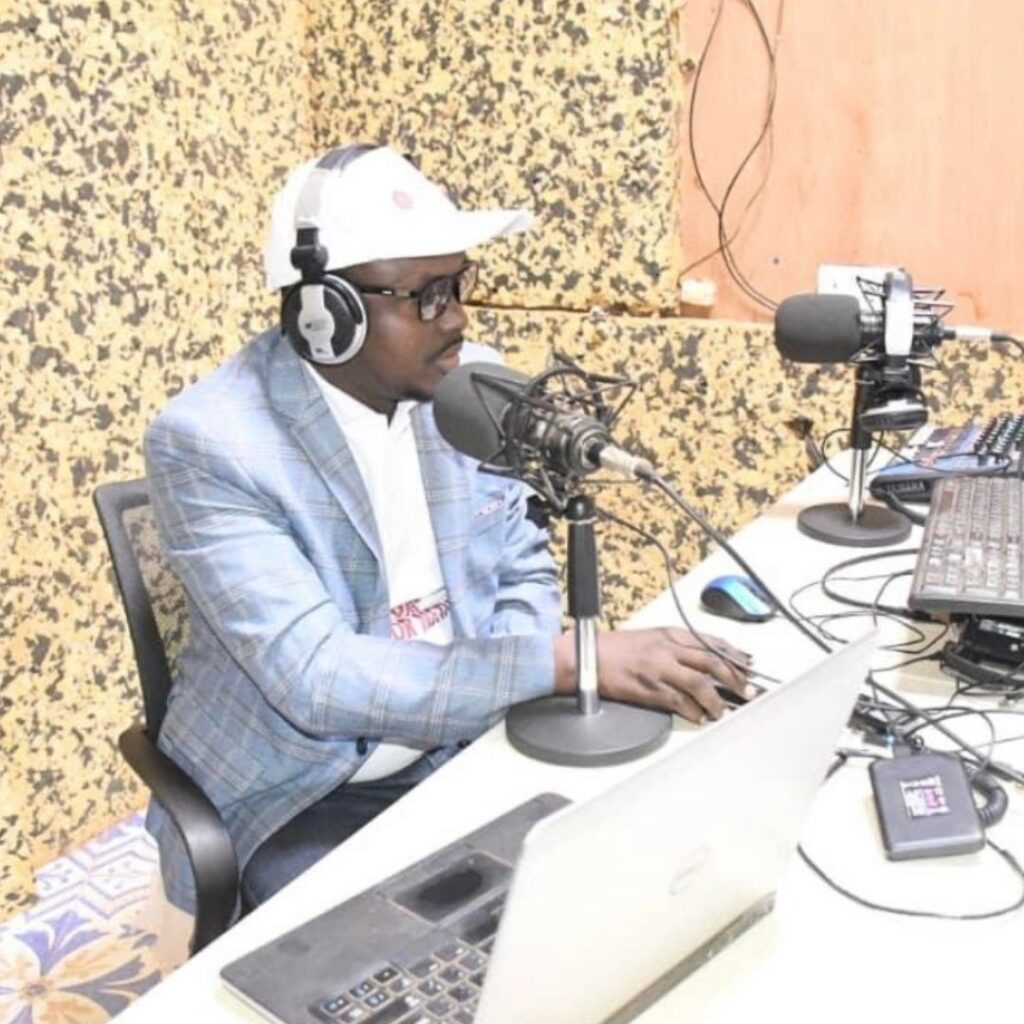
They agreed that local authorities should work with campaigners to take the FGM message to the rural area in the regional state while urging residents to come out and talk about the problem that FGM has on girls. A link https://www.facebook.com/watch/?v=710422552972429
On the Soyaal TV show, journalist Deqa Jama invites Galmudug Deputy Minister of Women Ifrah Ibrahim, who talked about violence against women and girls in the state.
“Our ministry is working with the courts to bring perpetrators to justice”
Ifrah Ibrahim
urging residents to share if they see perpetrators abusing women. A link https://www.facebook.com/watch/?v=431294017968353
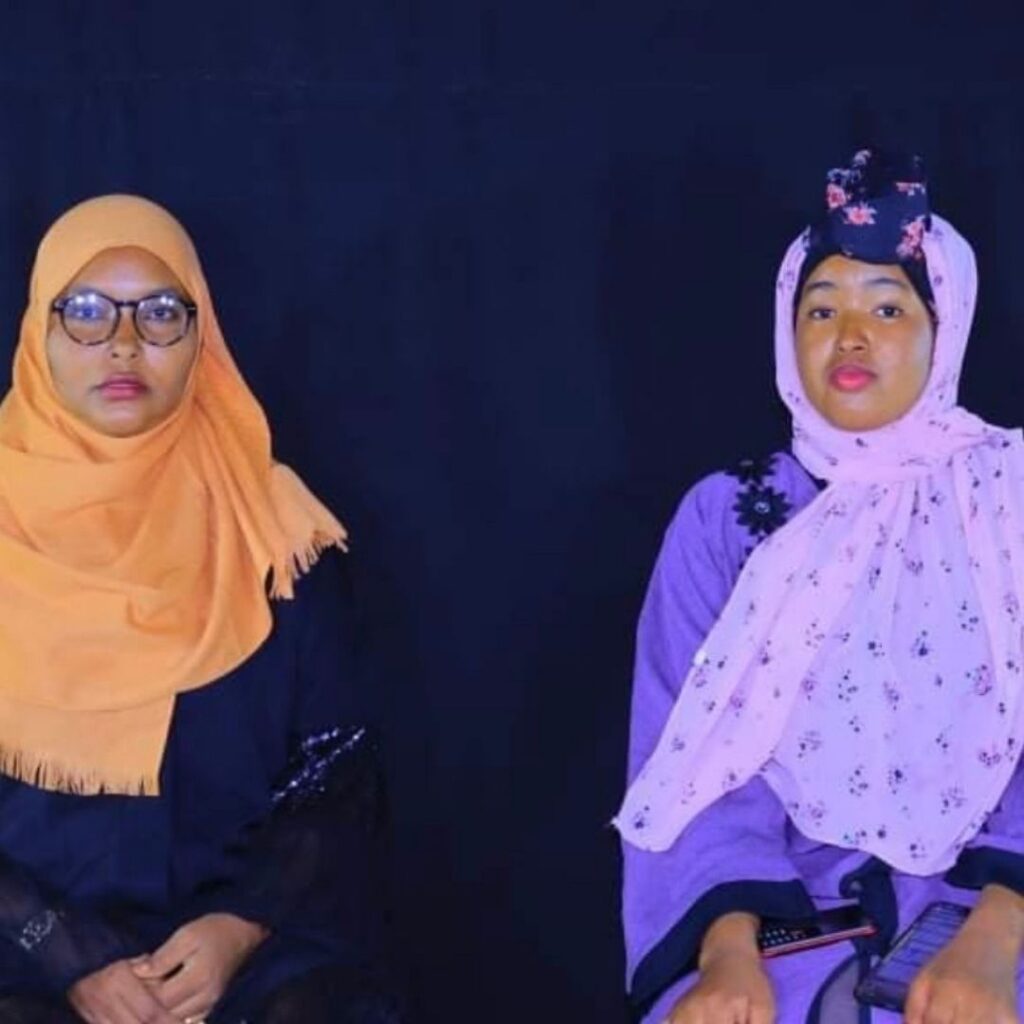
Galkaguud TV interview with Mamo Shooco Mohamed Ali, anti-FGM campaigner, talked about the importance of International Women’s Day and the violence against women. Maamo Shooco has been campaigning against FGM for a long time and is still working to eradicate FGM. A link https://www.facebook.com/watch/?v=726618304713531
Progress
Radio Hayaan has a wider audience in the Galkacyo and nearby. As young people listen to musicians, Liban, the singer was invited to the radio program, urging young people not to be shy of talking about FGM and its problem. It was the first time to invite a singer to an FGM radio show.
“FGM is serious and we need to work together across the regional state. We believe in the power of music to spread positive change in society. Let us together create a brighter future for the generations to come, one in which young girls will be free of the pain of FGM,”
Liban
Galmudug Deputy Minister of Women Ifrah Ibrahim said that since 2018 when Deeqa Dahir Nuur, a 10-year-old girl bleeds to death after female genital mutilation they increased the awareness campaign against FGM in the regional state.
Deeqa Dahir Nuur was taken on 14 July to a traditional cutter in the village of Olol, roughly 65km from Dhusmareb, in central Galmudug state. The operation severed a vein, and when the family was still unable to stem the hemorrhaging two days later, the girl was taken to Dhusmareb hospital, where she died.
Difficulties
Most of the people in Galmudug state still believe that FGM is a tradition, and often do not follow it on social media, which has become a challenge. During the call-in show, we have seen a lot of listeners who still believe in FGM. Anti-FGM campaigners also need to be given training on FGM to make their role visible.
The country is going to into general elections in the coming weeks, all the politicians from the state focus on the election issues and this has made our radio program difficult because everyone is talking about politics, especial luck of the consensus election agreement among the leaders.
Strong messages that came out of the media project
During the call-in show, the listeners who were mostly women had been talking about the health complications that FGM can have on young girls.
Some listeners were exciting to see the musicians talking about FGM, and asked other famous singers to talk about FGM in the same way. Some listeners challenging us that FGM is a cultural practice that we will not end soon.
Galmudug Deputy Minister of Women Ifrah Ibrahim, explains that FGM/C is divided into four subcategories, depending on the severity of the procedure. The most severe form is the total removal of the clitoris, the labia minora, and the intersection of the labia majora. The sides of the labia majora are sewn together, leaving only a small hole for urine and menstrual blood to pass through.
Unexpected Wins; Challenges
The religious leaders pledged to intensify discussions on the problem of FGM, calling for increasing the co-operation between the media and the Imams. Local journalists are very interested in joining the fight against FGM in the state.
Local government officials expressed their commitment to the fight against FGM, amid their effort significantly begun in 2018 and are now ready to work with media graduates. I share the content of the document with the community members in a local dialect, which they appreciated.
Local radio also now understands that my efforts are in the public interest and need to play their part.
Linkages
Local radios promise us that they will work with me with other local activists to strengthen awareness. This has been very encouraging to us. The religious leaders also pledged to work to intensify discussions on the problem of FGM.
What would I do differently?
I would have another radio discussion and invite doctors to talk about the health problems that FGM has on girls.
Many do not understand the harm caused to the health and well-being of girls and women. While the FGM/C itself takes less than half an hour, the consequences last a lifetime. Afterward, girls may develop infections or excessive bleeding, and face problems with childbirth, urination, and menstruation.


